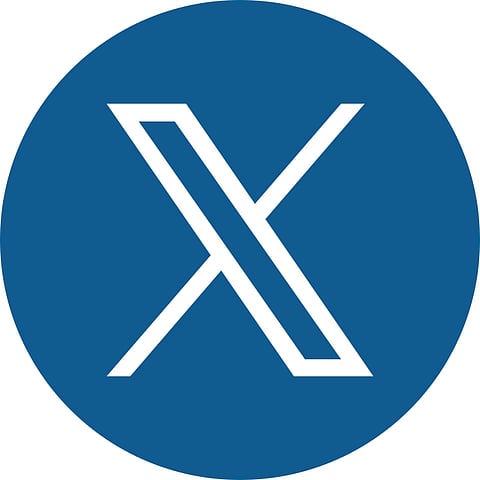

India abruptly restricted access to Reuters' primary X accounts (@Reuters and @ReutersWorld) on Saturday, displaying a notice that the action was taken "in response to a legal demand". The move blindsided the global news agency, which employs 2,600 journalists worldwide. While 30 affiliated Reuters accounts (eg, @ReutersAsia, @ReutersTech) remained accessible, Indian users encountered blanket blocks on the main feeds. The Indian Ministry of Electronics and IT (MeitY) swiftly denied involvement, stating: "There is no requirement from the Government of India to withhold the Reuters handle".
Government sources later attributed the block to an outdated May 7 takedown order issued during Operation Sindoor, a military action against Pakistan involving missile strikes against civilians and mass social media censorship. While over 8,000 accounts (including Chinese and Turkish outlets) were blocked in May, Reuters' accounts were inexplicably spared until now. Officials called X’s delayed enforcement a "mistake," though they confirmed the original demand included Reuters. Notably, X’s own @GlobalAffairs account was withheld in May after criticizing India’s "executive orders" to block accounts "without evidence".
The incident highlights escalating tensions between X and Indian authorities. X is currently suing India’s government in Karnataka High Court, challenging Section 79(3)(b) of India’s IT Act and Rule 3(1)(d) of its IT Rules. These laws empower officials to issue broad takedown orders with minimal transparency or recourse. In May, X revealed India demanded blocks on "over 8,000 accounts," often without specifying violative content or providing evidence, a practice X called legally unsustainable. The final hearing is scheduled for July 8, one day after Reuters’ accounts were restored.
Following government intervention, X reinstated Reuters’ accounts Sunday evening after a 24-hour blackout. However, the episode underscores India’s tightening grip on digital dissent. Since Operation Sindoor, at least 40,000 accounts remain blocked, and X faces threats of "significant fines and employee imprisonment" for non-compliance. Critics argue such opaque censorship, enabled by laws the UN calls "draconian" erodes press freedom and contradicts India’s democratic claims.